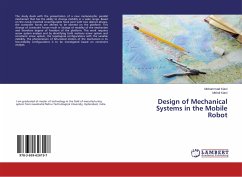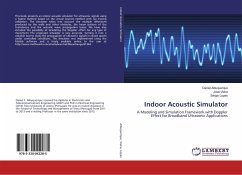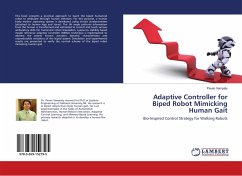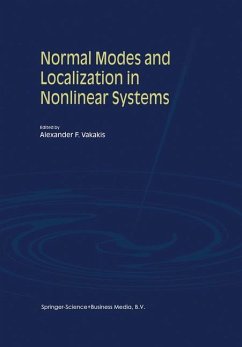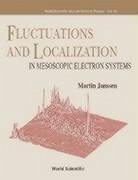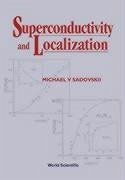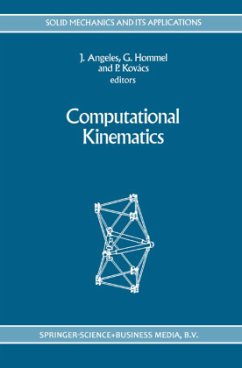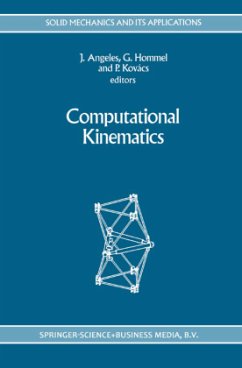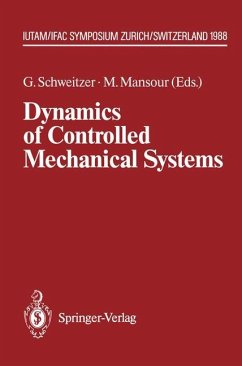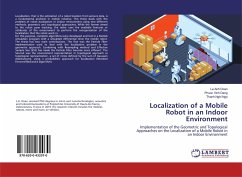
Localization of a Mobile Robot in an Indoor Environment
Implementation of the Geometric and Topological Approaches on the Localization of a Mobile Robot in an Indoor Environment
Versandkostenfrei!
Versandfertig in 6-10 Tagen
27,99 €
inkl. MwSt.

PAYBACK Punkte
14 °P sammeln!
Localization, that is the estimation of a robot location from sensors data, is a fundamental problem in mobile robotics. This thesis deals with the problem of robot localization in indoor environment using two different methods: geometric and topological approaches. While the former aimed to the robot pose tracking, the latter uses the available features or attributes of the environment to perform the reorganization of the localization that the robot work in.For this purpose, complete algorithms were developed and test in a Matlab simulation program with a simulated differential drive the mobi...
Localization, that is the estimation of a robot location from sensors data, is a fundamental problem in mobile robotics. This thesis deals with the problem of robot localization in indoor environment using two different methods: geometric and topological approaches. While the former aimed to the robot pose tracking, the latter uses the available features or attributes of the environment to perform the reorganization of the localization that the robot work in.For this purpose, complete algorithms were developed and test in a Matlab simulation program with a simulated differential drive the mobile robot. The thesis has two main contributions. The first was the Particle Filter implementation used to deal with the localization problem in the geometric approach. Combining with Resampling method and Effective Sample Size (ESS) has made the Particle Filter become more efficient. The Second was the environment representation in topological approach (a topological representation, a set ofnotes defined by the sum of Gaussian distributions), using a probabilistic approach for localization (Revisited Forward-Backward algorithm).



